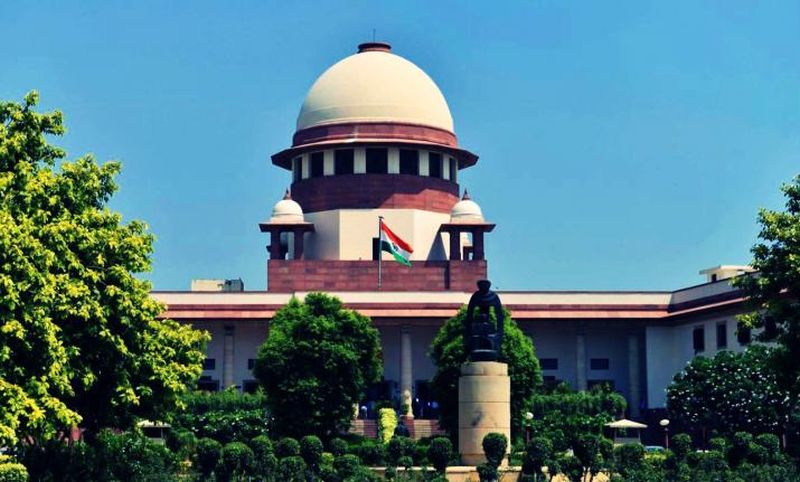Srinagar: Upholding executive orders on seizure and penalties on import of bricks into the Union Territory, the High Court of J&K and Ladakh has held that the unregulated import of bricks will have adverse repercussions on the ‘State’ economy.
Justice Wasim Sadiq Nargal while dismissing a bunch of petitions by the dealers said “the unregulated import of bricks from outside the Union Territory without proper licensing and monitoring would inevitably lead to hoarding, black marketing, and deliberate shortage, thereby disturbing the market equilibrium and causing loss to the local revenue and adverse repercussions on the State economy.
The petitioner dealers challenged the orders issued by certain District Magistrates directing seizure of vehicles transporting bricks imported from outside the Union Territory of Jammu and Kashmir and imposing penalties on them.
The respondent UT justified the action saying that the regulatory framework under the law covers the entire brick trade, including sale, storage, and transportation.
Justice Nargal after hearing the contending counsels recorded “Jammu and Kashmir Brick Kiln (Regulation) Act, 2010 and the Rules framed thereunder in 2017 constitute a comprehensive regulatory framework intended to control not only the establishment and operation of brick kilns but also the trade, sale, storage, and distribution of bricks within the Union Territory.
“The inclusion of the term dealer under Section 2(e) and the express language of Rule 3 clearly manifest the legislative intent to bring both the manufacturers as well as dealers within the fold of the regulation,” said the bench.
It said “the preamble of the Act itself contemplates regulation of matters incidental thereto, which necessarily includes the sale and storage of bricks. Any interpretation excluding dealers would frustrate the very object of the Act, rendering it ineffective and encouraging unregulated brick trading operations that evade quality checks, environmental standards, and lawful taxation”.
Court negated the argument of the dealers that registration under the Goods and Services Tax Act, 2017, exempts them from the requirement of obtaining a license under the Brick Kiln Act.
“The two enactments operate in distinct spheres while GST registration pertains to fiscal compliance and tax collection, the Brick Kiln Act is a regulatory statute aimed at environmental protection and land use control. Compliance in conformity with one statute does not dispense with the mandatory requirements of another statute operating in a different field,” said the court.
It further noted “the Brick Kiln Act and the Rules framed thereunder provide for an appellate mechanism against orders passed by the licensing authorities. The petitioners, without availing such statutory remedies, have invoked the extraordinary jurisdiction of this Court under Article 226”.
It said “the Deputy Commissioners have acted within the scope of their statutory powers in issuing the impugned orders” and accordingly upheld them.
The court held “unchecked inflow of bricks would not only undermine the local brick manufacturing sector but would also defeat the regulatory objectives of the Act by promoting clandestine trade. The enforcement of licensing requirements upon dealers thus serves an important economic and administrative purpose in maintaining market stability, ensuring fiscal discipline, and safeguarding legitimate local enterprises”.
The court further held that the Deputy Commissioners have been duly notified as the Licensing Authorities under Section 5 of the Act and have acted within the scope of their statutory powers in issuing the impugned orders.
It said “the seizures and enforcement measures complained of are regulatory in nature and justified by the statutory mandate”.
It also said “licensing requirement under Rule 3, read with Section 2(e) of the Act, is a reasonable regulatory condition and does not violate Article 19(1)(g) of the Constitution. It is a legitimate exercise of state power in the interest of public order, environmental balance and fiscal responsibility, fully protected by Article 19(6) of the Constitution.”








